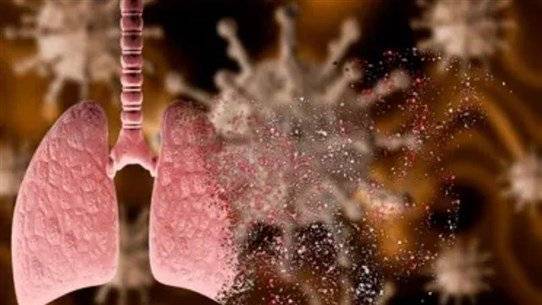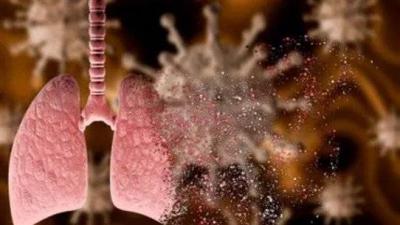In the past two weeks, a new variant of the coronavirus, known as "XBB," has been detected in several countries, including Singapore and Hong Kong, leading to a surge in COVID-19 cases in both locations. Experts suggest that this variant was first identified in August. Estimates indicate that new COVID-19 cases doubled in a single day in Singapore, rising from 4,700 to 11,700, according to the Daily Beast.
This new variant is considered the worst genetic version of the virus, as it evades antibodies from monoclonal therapies, rendering these treatments ineffective in slowing its growth within the body's cells, unlike previous variants. Dr. Anthony Fauci, the director of the National Institute of Allergy and Infectious Diseases, has reiterated warnings about the emergence of a new COVID-19 variant during the upcoming winter. He stated during a talk at the USC Annenberg School for Communication and Journalism that we should not be surprised by the appearance of a new variant that could be more dangerous than its predecessors and may be capable of overcoming the immune response acquired from either infection or vaccinations, according to a report by CNBC.
Fauci emphasized the need to not "lower our guard," as there is always a risk of slightly increased rates of infection during the winter months, asserting that it cannot be definitively said that we have "completely finished with the pandemic." Meanwhile, Amish Adalja, a public health expert at the Johns Hopkins Center for Health Security, indicated that the new variant is likely to be the most immune-evasive, which could pose challenges for current treatments based on monoclonal antibodies and prevention strategies. Adalja added that COVID-19 vaccines will not prevent infection from the new variant but will significantly reduce the likelihood of severe symptoms that could lead to hospitalization.
Peter Hotez, a vaccine development specialist at Baylor College, noted that the evolution of the coronavirus to become more transmissible underscores the importance of vaccines that individuals can receive in preparation for what may come. The new variant contains at least seven mutations, making it more difficult for the immune system to recognize this subvariant and increasing the likelihood of antibody evasion and cell entry to cause infection.




